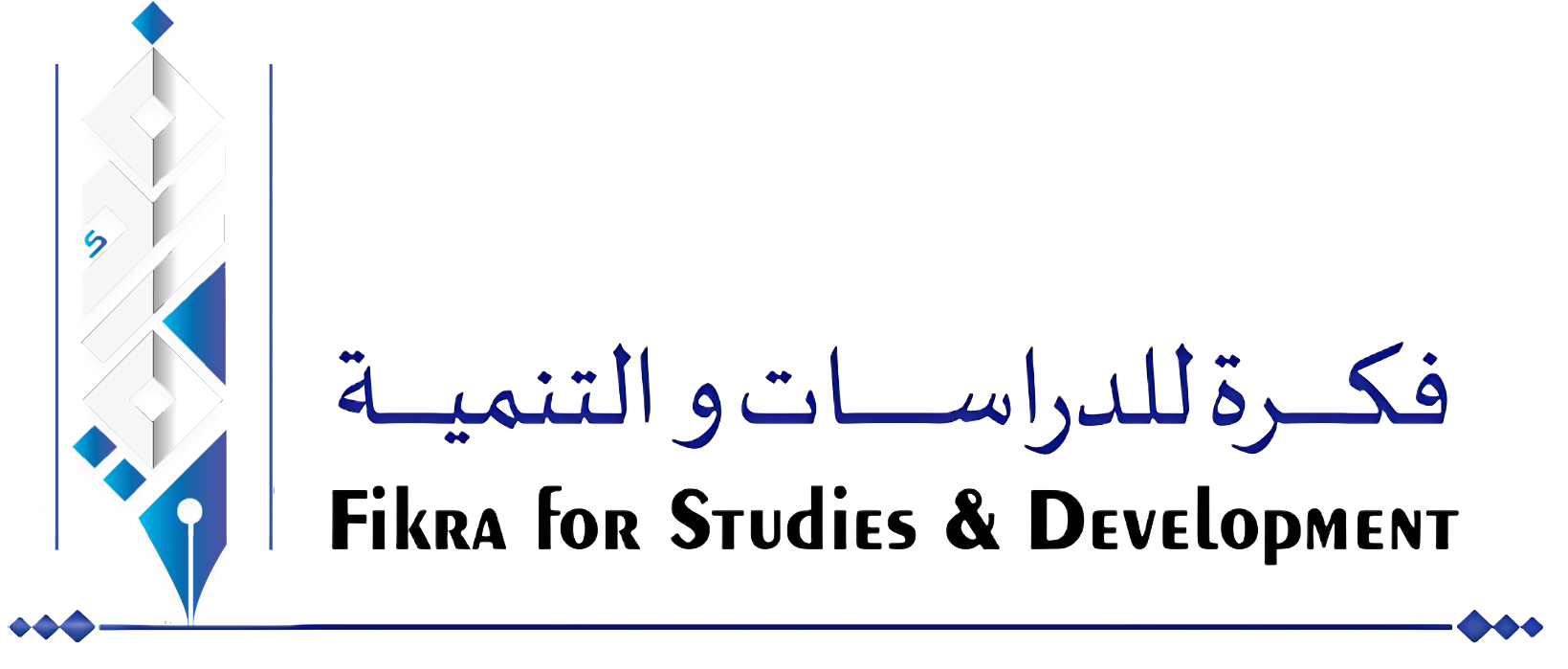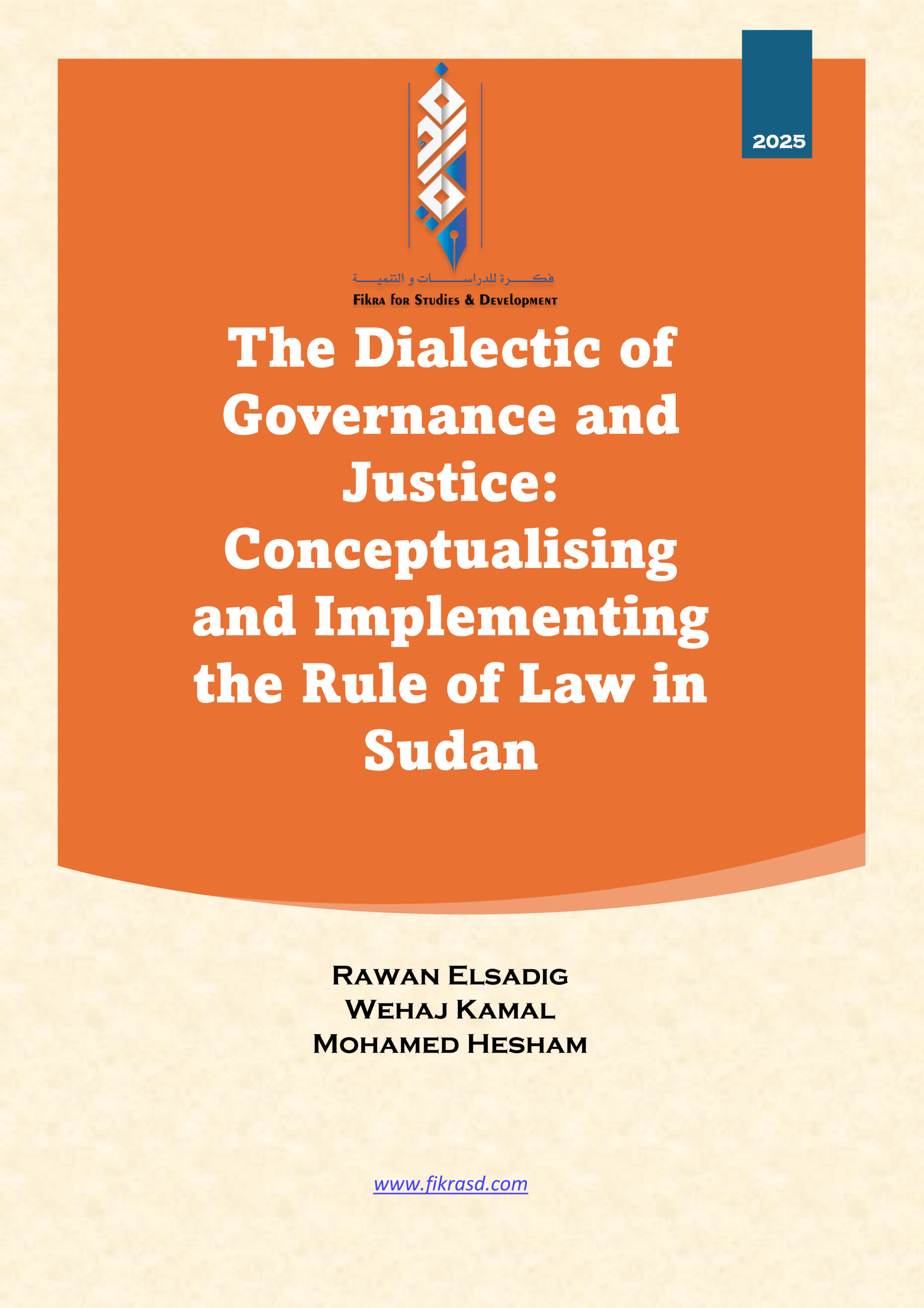The Dialectic of Governance and Justice: Conceptualising and Implementing the Rule of Law in Sudan
Fikra for Studies and Development
The Dialectic of Governance and Justice: Conceptualising and Implementing the Rule of Law in Sudan
20 May 2025
In a moment of profound national crisis, Fikra for Studies and Development unveils its momentous report, “The Dialectic of Governance and Justice: Conceptualising and Implementing the Rule of Law in Sudan,” as both a timely intervention and an intellectual call to action. Released amid an ongoing armed conflict that has gravely eroded Sudan’s judicial institutions and further fractured the rule of law, this report insists that legal reform is not a peripheral concern, but the very cornerstone of a just and peaceful political order.
The report’s title—The Dialectic of Governance and Justice—captures the central tension it confronts: the necessary but often uneasy relationship between establishing effective governance and realizing genuine justice. Drawing from a rich theoretical framework, the report resists simplistic prescriptions and instead navigates the contested terrain of legal theory and political morality. It juxtaposes “end-based” and “institutional” approaches to the rule of law while critically interrogating their limitations, especially when abstract models are imported uncritically into complex societies like Sudan.
With moral clarity and empirical rigor, the authors—Rawan Elsadig, Wehaj Kamal, and Mohamed Hesham—engage deeply with Sudan’s own legal pluralism, shaped by civil, sharia, customary, and common law traditions. They frame this diversity not as a hindrance, but as a resource for developing an indigenous, context-sensitive legal order. The report also revisits the post-2018 revolution period and the 2019 Constitutional Declaration, offering a candid appraisal of past legal reforms, highlighting their achievements, shortcomings, and the structural impediments that have consistently undermined justice and accountability.
A central concern is the interface between the rule of law and transitional justice. The report underscores that genuine reconstruction requires not only institutional rebuilding but also reckoning with past atrocities. It advocates the strategic deployment of international criminal law to ensure accountability for crimes committed during and before the current war, situating this within a broader vision for sustainable peace.
In publishing this report amidst the devastation of war, FikraSD underscores a fundamental conviction: that envisioning and debating the rule of law is most urgent precisely when it appears most absent. Far from being a purely academic exercise, the report serves as a blueprint for legal reform, offering concrete recommendations to Sudanese actors, civil society, and international stakeholders. It aspires to galvanize a collective effort toward a legal and political order where freedom, peace, and justice are not mere aspirations, but lived realities for all Sudanese.
Click here to download the full report
Fikra for Studies and Development


